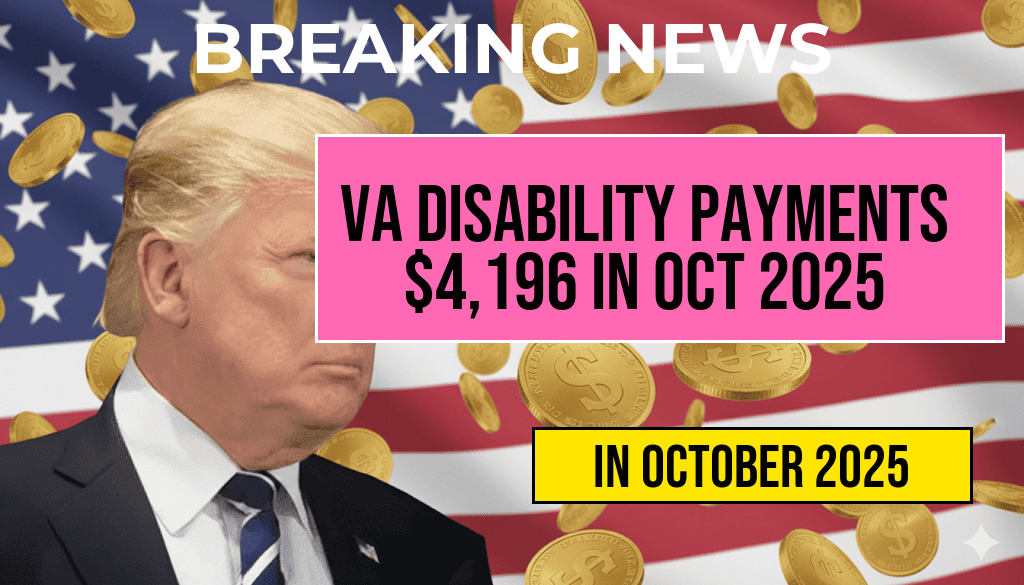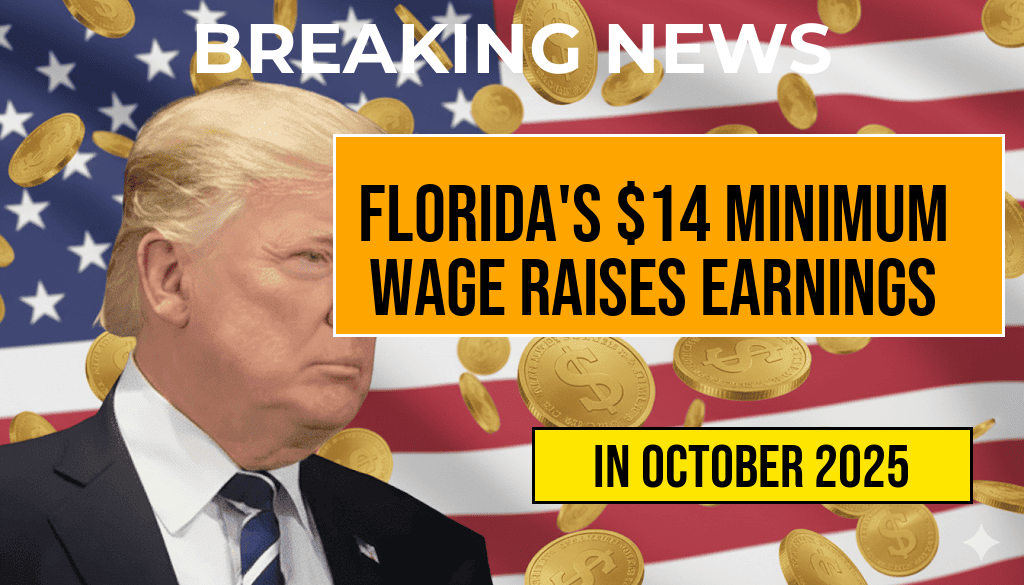Florida’s recent increase to a $14-an-hour minimum wage marks a significant shift for the state’s workforce, especially for full-time employees. Effective January 1, 2024, this adjustment is projected to boost annual earnings for full-time workers by approximately $2,080, according to labor market analyses. The rise aligns with Florida’s commitment to gradually enhance living standards amid rising inflation and economic pressures. This policy change is expected to impact hundreds of thousands of workers across diverse sectors, including hospitality, retail, healthcare, and education, potentially influencing consumer spending and local economies throughout the state.
Impact of the Wage Increase on Earnings and Employment
Annual Earnings Growth for Full-Time Employees
For full-time employees working a standard 40-hour week year-round, the new minimum wage translates into a substantial increase in earnings. Prior to the change, the state’s minimum wage was $13.75 per hour, which meant annual earnings of approximately $28,600 for full-time workers. With the new rate, annual earnings are expected to rise to roughly $30,680, representing a $2,080 increase per worker annually.
| Hourly Wage | Annual Earnings (40 hrs/week, 52 weeks) |
|---|---|
| $13.75 | $28,600 |
| $14.00 | $29,120 |
This boost could have ripple effects, increasing disposable income and potentially stimulating local economies as workers allocate additional funds to goods and services.
Employment Effects and Business Response
Economists and business leaders remain divided on how minimum wage hikes influence employment. Some studies suggest that moderate increases, like Florida’s, may have limited negative impacts on employment levels, while others warn of potential job reductions or increased automation. Small businesses, in particular, may face challenges balancing higher labor costs, possibly leading to adjustments such as increased prices or shifts in staffing strategies.
Broader Economic Context and Policy Goals
Florida’s Wage Policy Trajectory
The state’s move aligns with a broader trend among U.S. states adopting higher minimum wages to address income inequality and cost-of-living concerns. Florida’s phased approach aims to gradually elevate wages without causing abrupt disruptions in the labor market. The upcoming increase is part of a multi-year plan to reach a $15 minimum wage, which advocates argue will further improve workers’ financial stability.
Implications for Workers and Consumers
Lower-income workers stand to gain the most from this policy shift, with increased earnings supporting essential expenses such as housing, healthcare, and transportation. Consumer spending, which accounts for a significant portion of Florida’s economic activity, could see a boost as workers have more disposable income. Conversely, some employers may respond by raising prices, potentially offsetting some of the benefits for workers.
Expert Perspectives and Future Outlook
Economic Analysts’ Views
- Supporters argue that increasing the minimum wage reduces poverty and stimulates economic growth by putting more money into the hands of those most likely to spend it.
- Critics caution that higher labor costs might lead to reduced hiring, increased automation, or higher prices, which could dampen economic benefits in certain sectors.
Potential Long-Term Effects
As Florida continues its phased approach, the state could serve as a case study for other regions considering similar policies. Monitoring employment trends, business responses, and consumer behavior over the coming years will be crucial to assessing the full impact of the wage increase.
Resources for Further Information
- Minimum Wage in the United States – Wikipedia
- Forbes: Florida’s Minimum Wage Increase – A Boost for Workers or Business?
Frequently Asked Questions
What is the new minimum wage in Florida?
The minimum wage in Florida has increased to $14 an hour.
How does the wage increase affect full-time workers’ annual earnings?
The wage boost results in an estimated additional $2,080 in annual earnings for full-time workers earning the minimum wage.
When did Florida implement the new minimum wage?
The new minimum wage of $14 an hour was implemented as part of recent legislation or scheduled increase, effective from the specified date in the article.
Who benefits most from the minimum wage increase?
Full-time workers earning minimum wage in Florida are the primary beneficiaries, seeing a significant boost in their annual income.
Are there any upcoming changes to Florida’s minimum wage?
Details about future wage adjustments or scheduled increases are discussed, indicating whether further minimum wage changes are planned in Florida.










